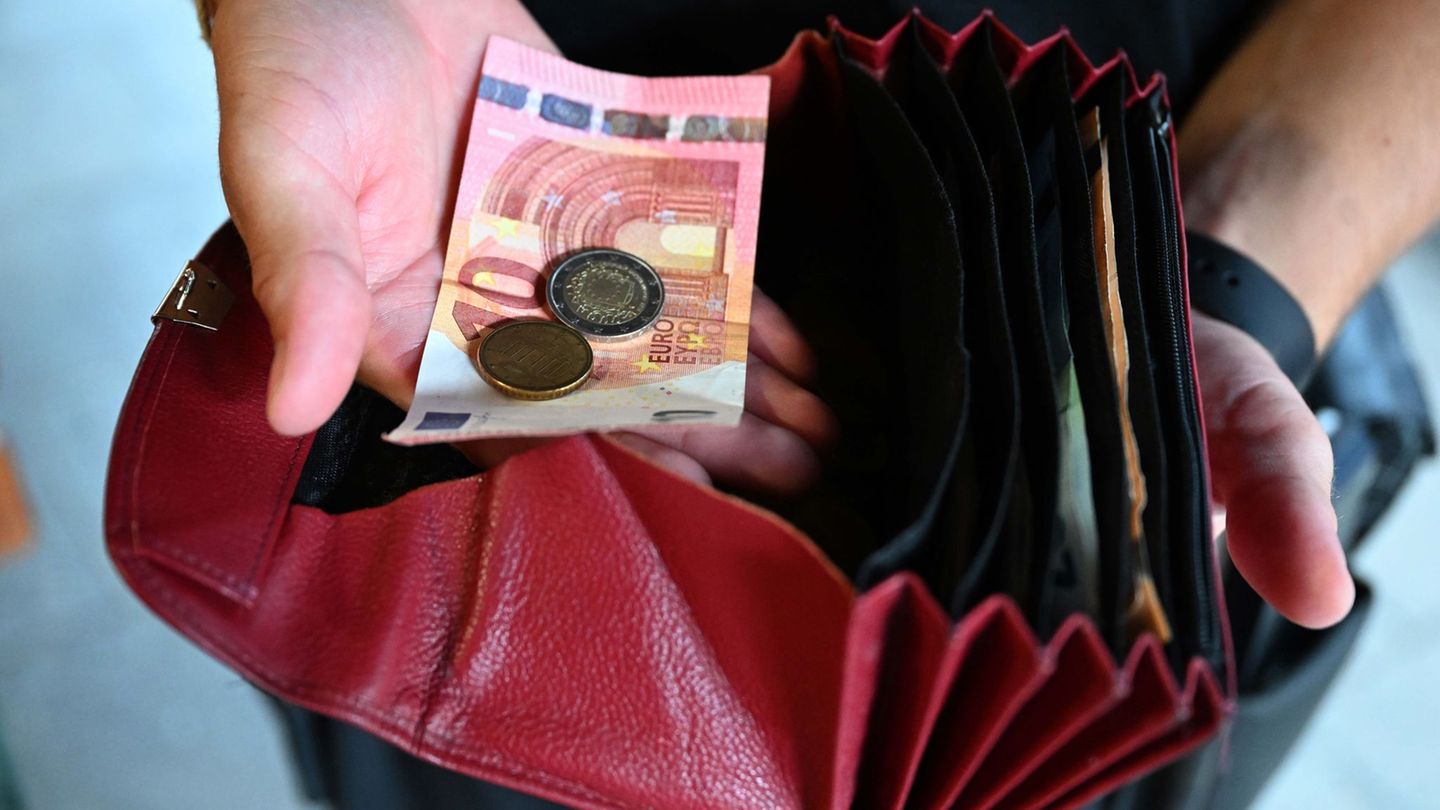The Western Union money transfer system will stop making transfers within Russia from April 1 due to their low demand. On Sunday, February 6, RBC reports with reference to a letter from the company.
It is noted that international transfers will be carried out as usual.
“The company focuses on the development of the traditionally demanded service of international money transfers and continues to develop a multi-channel platform that allows Western Union partners (banks. — Ed.) to quickly and in compliance with all regulatory requirements to launch transfers abroad for their clients,” said a company representative.
It is clarified that it will not be possible to send a transfer within Russia via Western Union already on March 31. On April 1, users will not be able to receive a payout or refund. If the money transfer was issued before March 31, but the addressee did not receive it, the sender will be able to return the money at one of the branches of the Russian Post.
In addition, from March 24, the limit of internal transfers will be reduced to 5 thousand rubles. Now the amount of the maximum transfer per day ranges from 50 thousand rubles to $7.5 thousand (570 thousand rubles at the current exchange rate).
Earlier, on January 14, Delovaya Rossiya stated that in order to solve the problem with the transfer of funds under writ of execution to accounts in foreign financial organizations, it is necessary to deal with the writ of execution itself, which is the result of collusion or part of a fraudulent scheme.
On the same day, the Ministry of Justice told Izvestia that they had developed and sent for interdepartmental approval a bill prohibiting the transfer of money under writ of execution to accounts in foreign financial organizations. The scheme became widely known in the context of the “Moldovan laundromat”, which operated in 2011–2014, when about $20 billion was withdrawn from Russia. Moldova. The writ of execution served as the basis for the transfer.
The adoption of the amendments is intended to minimize dubious operations for withdrawing money abroad, according to the Central Bank. Rosfinmonitoring supported the changes, as this will allow applying the full range of measures provided for by Russian legislation to the relevant suspicious transactions.
Source: IZ
Jane Stock is a technology author, who has written for 24 Hours World. She writes about the latest in technology news and trends, and is always on the lookout for new and innovative ways to improve his audience’s experience.




